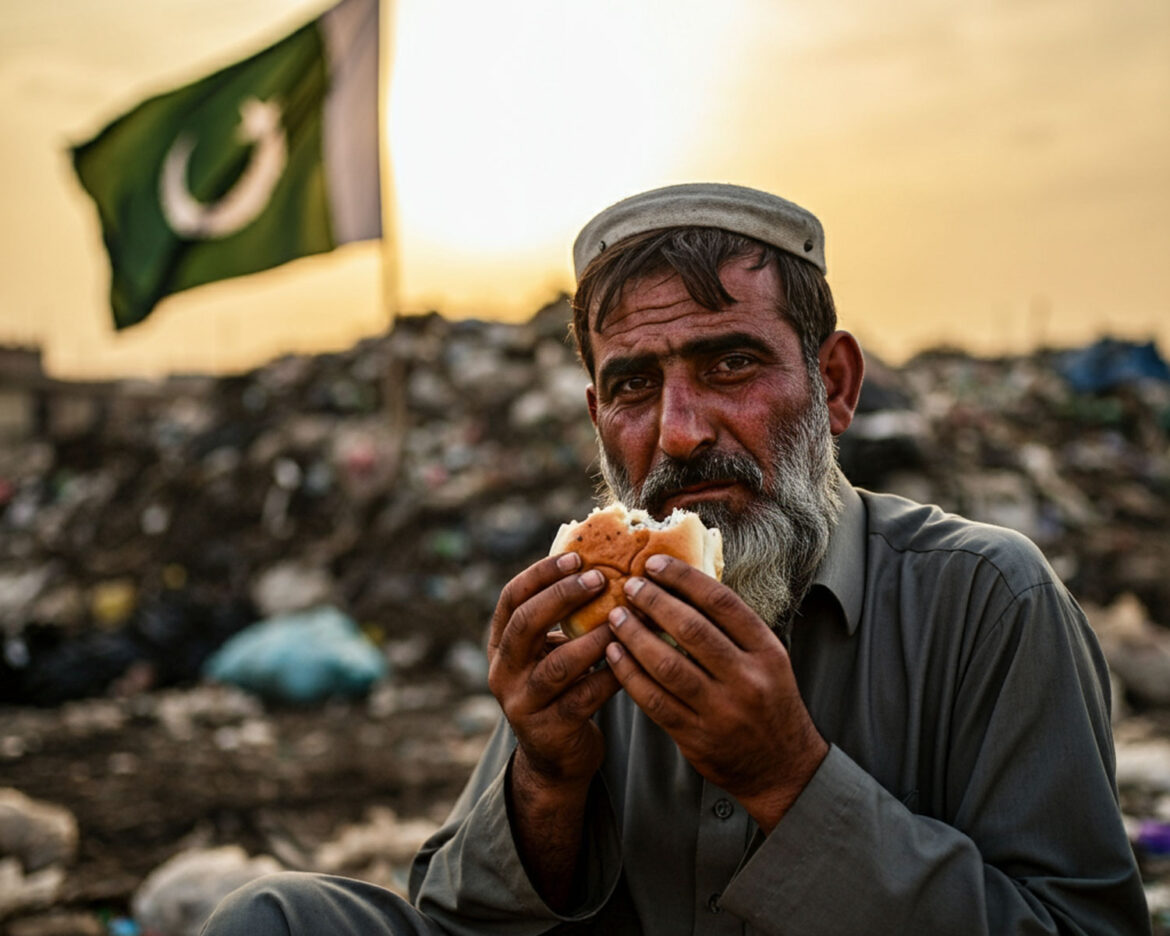A staggering 66% of Pakistanis are unable to afford healthy meals, highlighting the growing food insecurity in the country, according to a recent report by the World Food Programme (WFP). The study reveals that economic challenges, rising inflation, and declining incomes are pushing millions of people into unhealthy dietary habits.
The WFP notes that the rising cost of staple foods and nutritious items, such as fruits, vegetables, and protein sources, is making a balanced diet inaccessible for the majority. The situation is particularly dire in rural areas, where poverty rates are higher and access to affordable food is limited.
Experts warn that the lack of proper nutrition could lead to severe health consequences, including stunted growth in children and increased vulnerability to diseases. They urge the government to prioritize food security by implementing policies to stabilize food prices and improve agricultural productivity.
This alarming statistic comes amid an ongoing economic crisis in Pakistan, with inflation reaching record highs and unemployment rates rising steadily. Addressing the affordability of healthy meals remains a critical challenge for policymakers as the nation grapples with these economic hardships.



